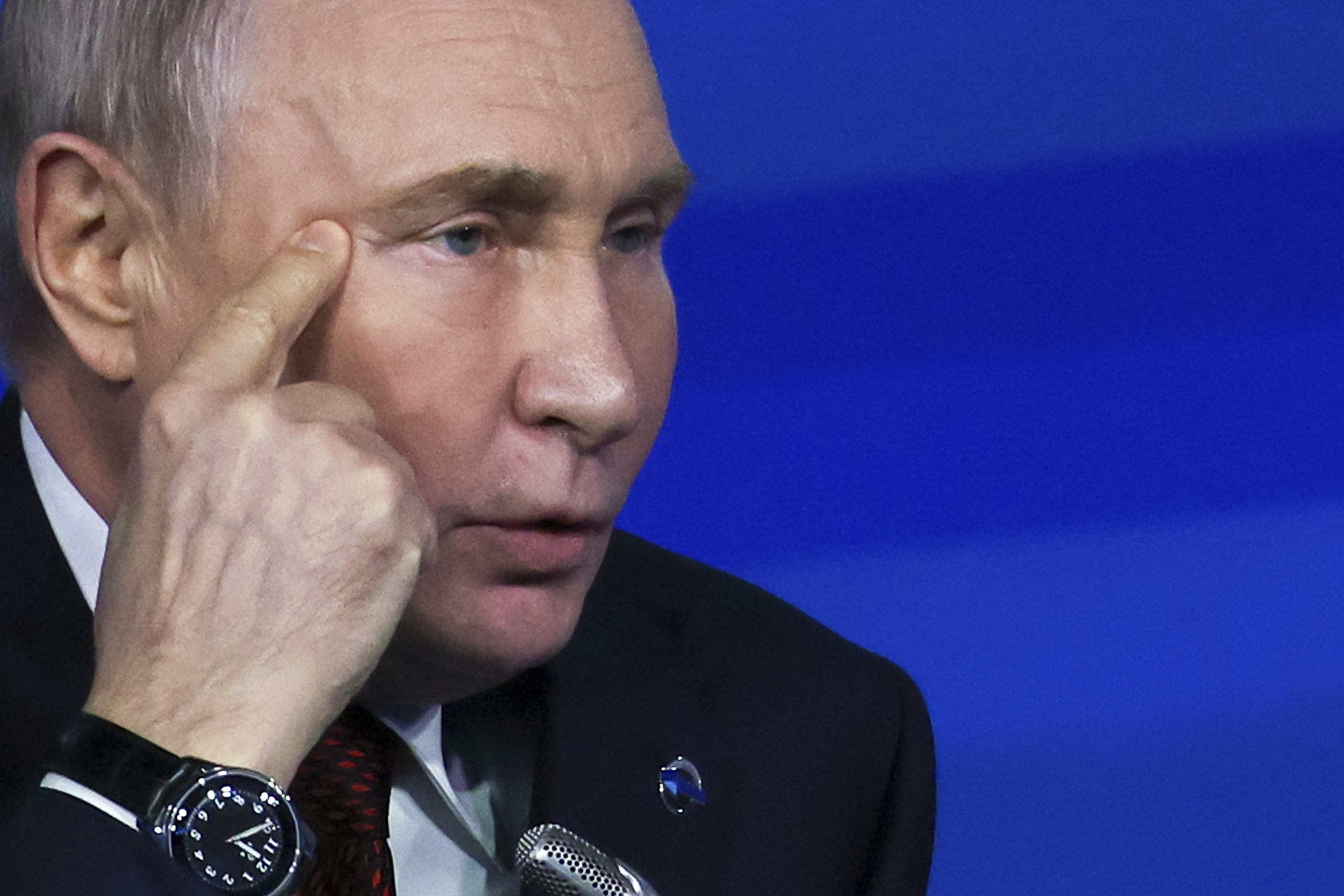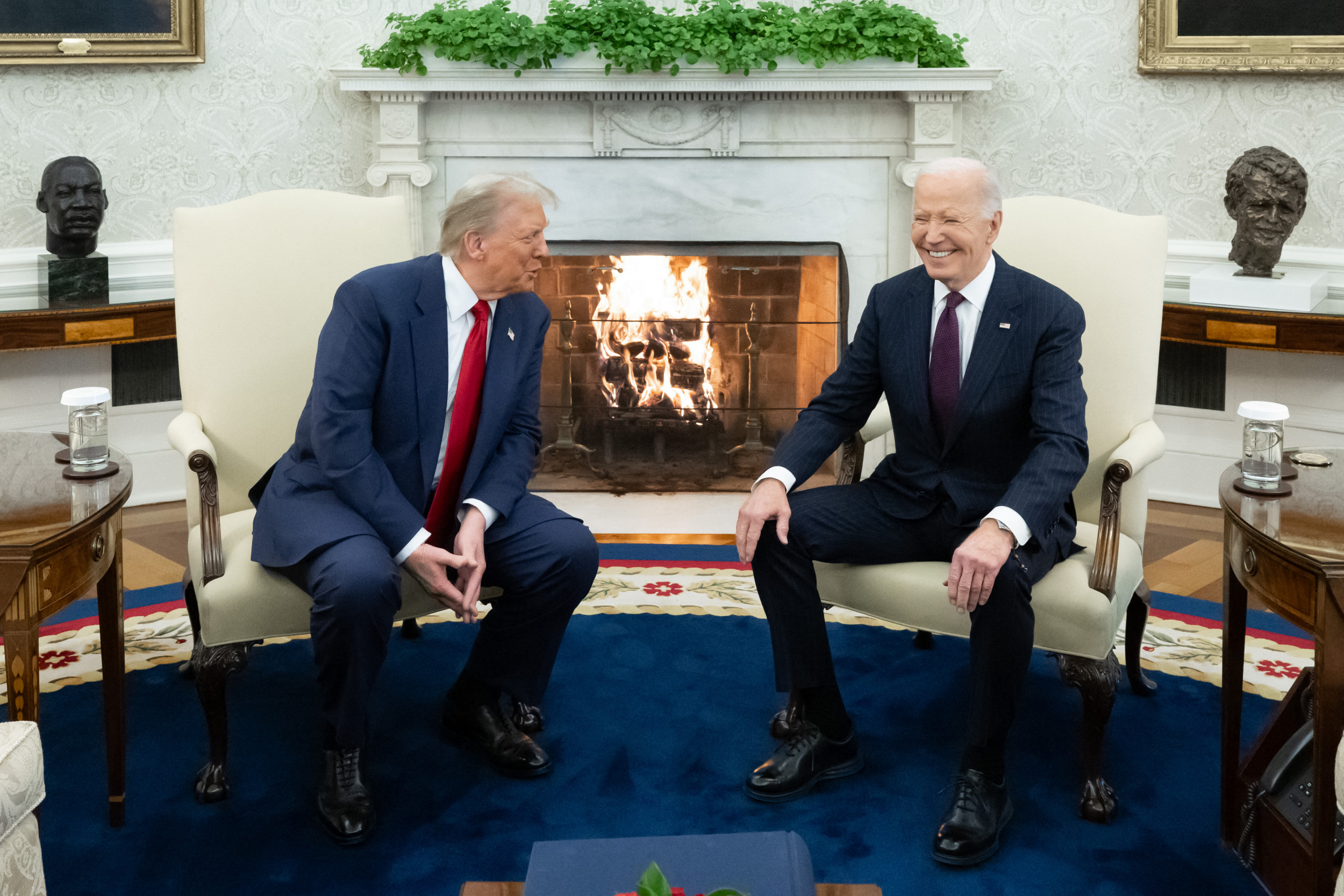Brazil has forged a partnership with China's SpaceSail to expand satellite internet services, potentially disrupting Elon Musk's Starlink dominance in the region.
SpaceSail and Brazil's state telecommunications firm Telebras signed a memorandum of understanding to deliver broadband services through a constellation of low-Earth orbit (LEO) satellites. The collaboration aims to bolster internet availability in remote areas where traditional fiber optics are impractical.
"Our memorandum is not just a partnership but a shared commitment to empowering underserved regions," said SpaceSail CEO Jason Jie Zheng in a speech after the signing, reported by Fortune. The initiative is expected to roll out in 2026, with SpaceSail establishing a local subsidiary by the end of this year.
Currently, Starlink makes up 46 percent of Brazil's satellite internet market, and the country wants to reduce its reliance on Musk's venture, according to the South China Morning Post.

Newsweek contacted Telebras and SpaceX for comment, and the Tesla press office for comment from Musk via email outside of normal working hours.
Brazil's relationship with Musk has been on the rocks for a long time. In August, a Brazilian Supreme Court justice suspended X, formerly Twitter, throughout the country and temporarily froze Starlink's accounts after Musk refused to name a legal representative in Brazil.
The ban was lifted in October after Musk complied with the country's demands, which included blocking specific accounts, paying outstanding fines and appointing a legal representative.
Communications Minister Juscelino Filho dismissed speculations of retaliatory motives, emphasizing competition's role in service improvement. "Nothing in any industry is good when you only have one provider," Filho told CNN Brasil.
On Saturday, at a social event ahead of the G20 summit, Brazil's first lady Janja Lula da Silva paused mid-speech when she heard a ship's horn sounding outside, and said in Portuguese, "I think it's Elon Musk. I'm not afraid of you, by the way," according to Fox News.
She then proceeded to say, in English, "F*** you, Elon Musk."
Musk responded to a video of the moment on X with laughing emojis and wrote, "They will lose the next election."

The G20 summit was held in Rio de Janeiro and ended on Tuesday. From there, Chinese President Xi Jinping attended a state visit in Brazil's capital, Brasilia, where the StarSail agreement was announced.
"China-Brazil relations are now at their best moment ever," Reuters reported Xi as saying. He added that China was ready to make the his country and Brazil "golden partners."
SpaceSail first launched its satellites in August this year, sending 18 into orbit. Now, the company has 36 satellites in orbit, according to the Chinese news agency Xinhua.
According to the South Morning China Post, the company hopes to have over 600 satellites in orbit by late 2025, and to eventually have a network of around 14,000 providing internet globally.
In comparison, Starlink has launched more than 5,000 satellites into orbit since 2019, and plans to have a network of 42,000 of them in the Earth's atmosphere, according to Starlink Installations.
Do you have a story we should be covering? Do you have any questions about this article? Contact LiveNews@newsweek.com.














)





 English (US) ·
English (US) ·